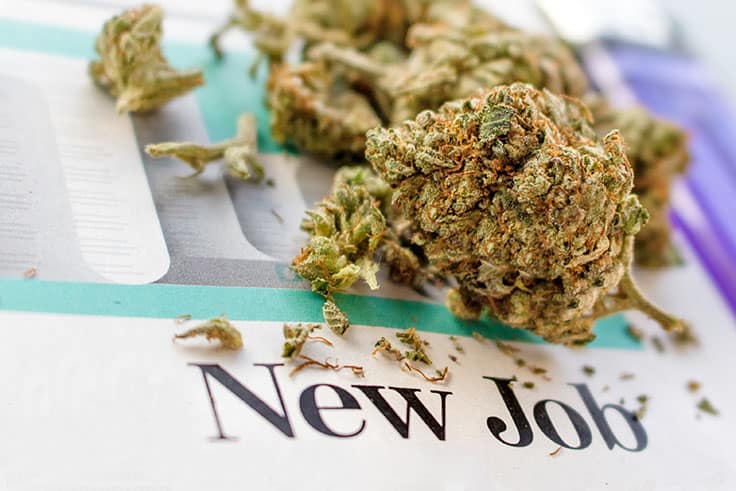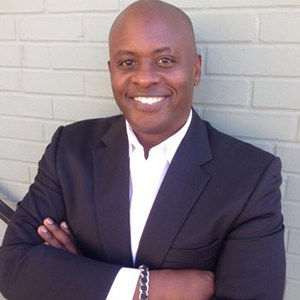<![CDATA[
This week, we’re spotlighting state cannabis markets in various states of flux: hung up in court, on the precipice of sales and somewhere in the early stages of the transition from medical to adult-use. It’s an exciting time in the industry. As 2021 opens, we can see new business landscapes taking shape in nearly every corner of the U.S.
Federal reform, while far from clear, is inching closer into our sightlines, too.
Here are some of the top headlines from this past week:
- Despite the entire adult-use market being held up by a recent appeals court ruling (deemed unconstitutional, in fact), South Dakota legislators are moving forward with plans to license retail businesses. It’s new territory for the cannabis landscape, and it remains unclear how this tension will resolve. Read more
- Meanwhile, in West Virginia, dispensaries are getting ready to open their doors once product is in place later this year. Read more
- And in Pennsylvania, a bipartisan bill has emerged that would legalize adult-use cannabis. It’s a significant step forward in a state whose governor and lieutenant governor have championed the cause. Read more
- In Arizona, Verano Holdings announced its acquisition of Territory Dispensary, expanding the multi-state operator’s footprint in this newly legalized adult-use market. Read more
- Texas Original Compassionate Cultivation CEO Morris Denton provided a glimpse into his business’s response to severe winter weather this month. “Our team is a resilient bunch,” he said, “and very purpose-driven and passionate about doing our best to get our medicine safely and quickly into the hands of our patients whom we serve throughout the state of Texas.” Read more
And elsewhere on the web, here are the stories we’ve been reading this week:
- Virginia Mercury: As of Friday morning, Virginia lawmakers were scrambling to align an approach to adult-use cannabis legalization—resolving differences over regulatory language set up for 2021—and it wasn’t quite clear whether a Saturday deadline would be met. Read more
- NJ.com: New Jersey Gov. Phil Murphy has announced his picks for the Cannabis Regulatory Commission, which will oversee the recently legalize adult-use marketplace. Read more
- MLive.com: Cookies, which already had a retail site in Detroit (medical-only, for now) celebrated its grand opening in Kalamazoo, Mich., on Friday. Read more
- ABC15: While Arizona got off to a quick start with its adult-use licensing process, the medical cannabis market in rural areas of the state is suffering. Retailers have sued the state, insisting that the licensing procedure over the past few years has left an imbalanced landscape for patients to navigate. Read more
- Marketwatch: Soccer star David Beckham’s cannabis skin care company, Cellular Goods, is off to a hot start on the London Stock Exchange—only a few days after the trading platform began allowing cannabis businesses into the fold. Read more
]]>


